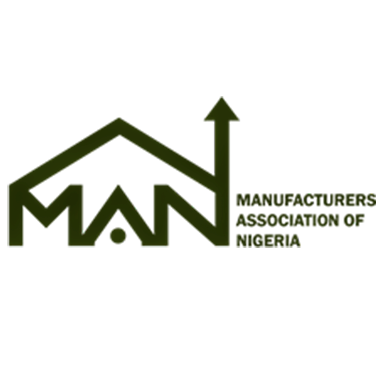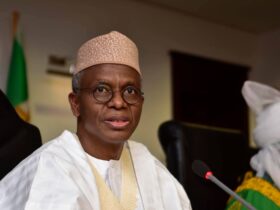
The Manufacturers Association of Nigeria has indicated that the Nigerian manufacturing industry may face challenges in 2024, particularly in the initial six months of the year.
The statement was part of MAN’s “Manufacturing Sector Outlook for 2024,” unveiled on Tuesday by MAN’s Director General, Mr. Segun Ajayi-Kadir, as reported by Arise News.
MAN urged the government to acknowledge the significance of manufacturing as a crucial driver of sustained economic growth and emphasized the need for prioritizing the sector accordingly.
The association highlighted that the observed trend suggests a potentially unfavorable outlook for the manufacturing sector in the first half of 2024.
“The period will be difficult, with a sliver of hope for recovery from the third quarter. The anticipated rebound is heavily reliant on policy stimulus backed up by a mix of domestic growth-driven, export-focused, and offensive trade initiatives.
READ ALSO: Global Unemployment to Increase in 2024 – UN
“This will promote resilience, steady growth and ensure that the sector gains meaningful traction in the later part of the year.”
According to Ajayi-Kadir, “Average capacity utilization will still hover around the 50 percent threshold as the FX-related challenges and high inflation rate limiting manufacturing performance may linger until mid-year.”
He mentioned that there could be a slight uptick in manufacturing output within the sector as challenges related to foreign exchange and interest rates alleviate in the third quarter.
“Higher manufacturing output is expected to begin in the third quarter of the year as the government disburses budget capital provisions to abandoned, ongoing, and new capital projects, with a preference for locally made products.
“Ongoing concessions of seaports, airports, and roads may also provide opportunities for the cement sub-sector, as well as contribute to infrastructure upgrades required to boost manufacturing productivity.
“Hopefully, the government will see the manufacturing sector as the key,” the association added.
He proceeded to explain that the anticipated rise in worldwide oil prices, increased domestic oil and gas production, local refining of petroleum products, and expected progress in exchange rate unification are poised to foster stability in the foreign exchange (FX) market, thereby positively influencing manufacturing in the latter half of the year.
READ ALSO: In Face of N1,099.05/US Dollar, Tinubu Vows to Revive Nigerian Economy, Education System
This is expected to alleviate FX demand pressure and enhance the influx of proceeds from oil and gas exports.
On top of that, “the ongoing tax reforms and the envisaged bank recapitalization will frontally address the challenges of multiple taxation and poor access to credits that have continued to limit manufacturing sector performance, if successfully implemented,” he added.
Ajayi-Kadir advocates for the government to actively promote the use of locally made Nigerian products, urging a reduction in the nation’s heavy dependence on imported goods. The three branches of government must ensure the strict implementation of Executive Order 003 across relevant ministries, departments, and agencies.
“To address the challenges of low productivity and imported inflation, the government should encourage local sourcing of raw materials through comprehensive and integrated incentives.”
It urged the federal government to prioritize foreign exchange (FX) and credit allocation to manufacturers in 2024, emphasizing the importance of maintaining measures to enhance liquidity and stability.
Moreover, MAN recommended that the Central Bank of Nigeria (CBN) work towards mobilizing commercial banks to intentionally offer long-term, single-digit interest loans to the manufacturing sector. This initiative aims to expedite the realization of a $1 trillion economy.#2024








Leave a Reply